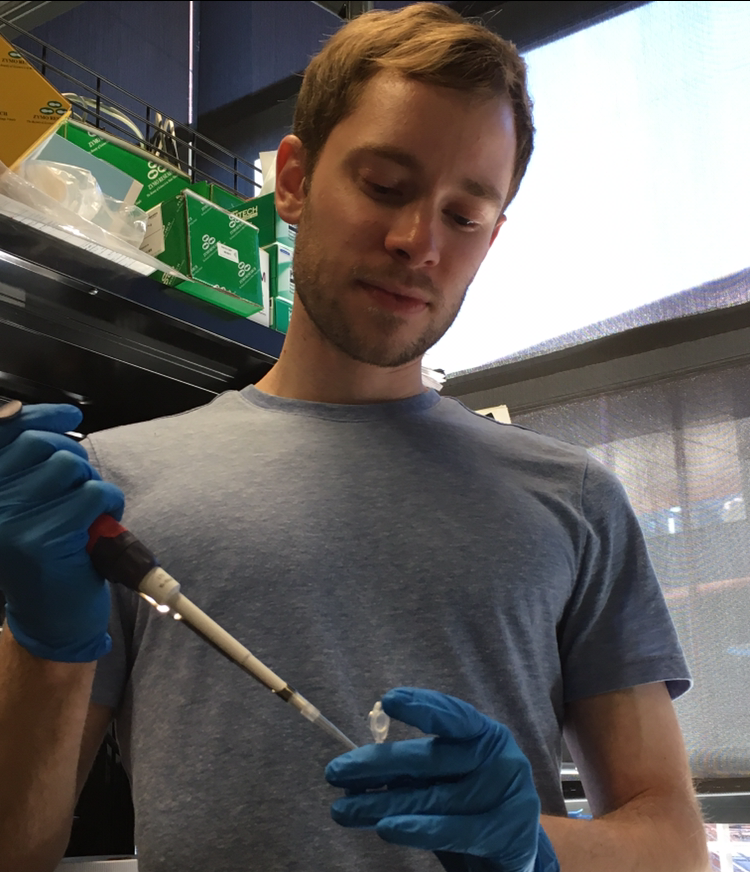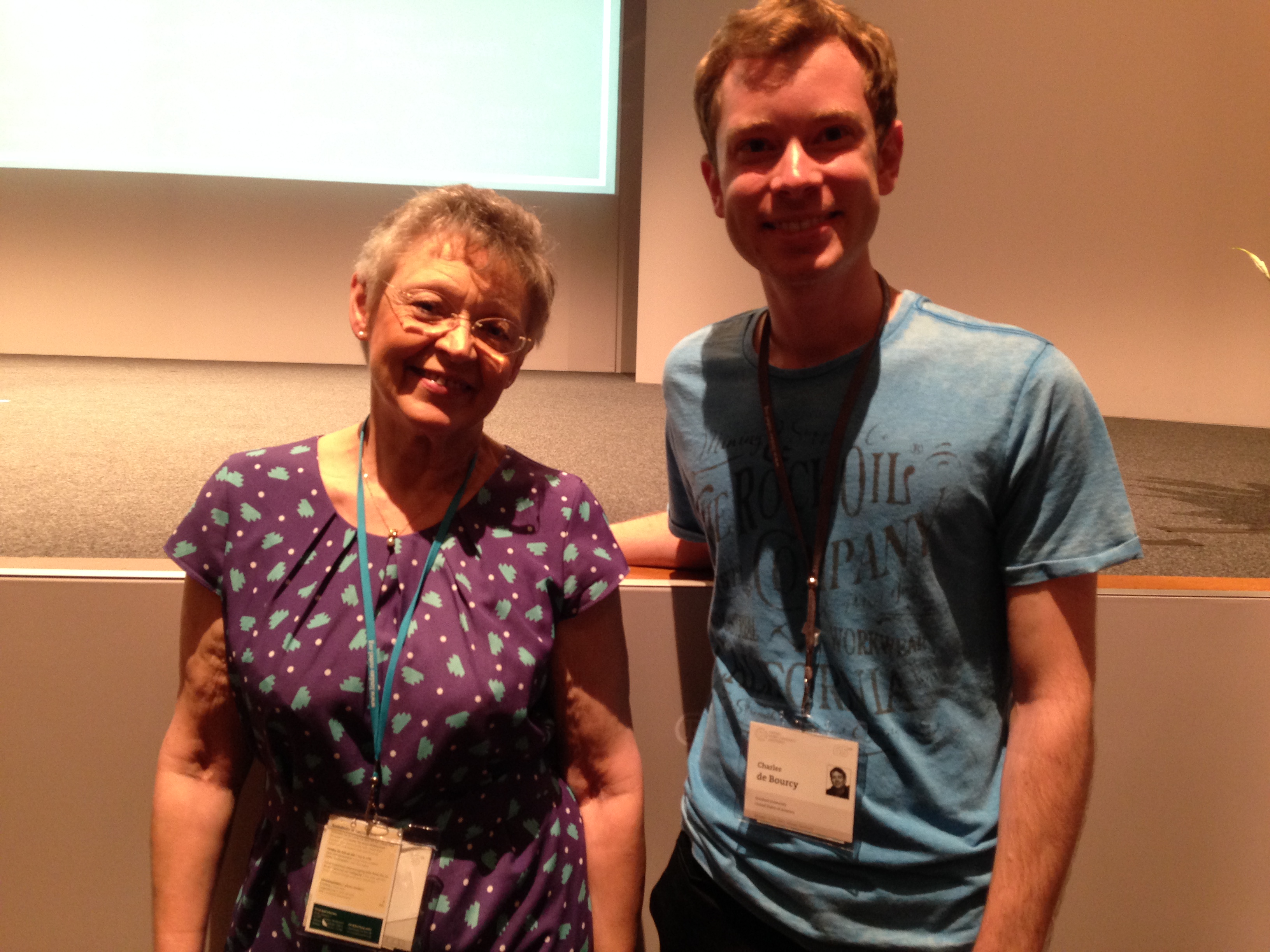August 2015
Luxembourgish PhD candidate Charles de Bourcy was one of two Luxembourg participants selected to attend the 2015 Lindau Nobel Meeting. Charles recounts the highlights of attending the Meeting, and cites the passion of some Nobel Prize winners as an inspiration.
In July 2015, you were selected as one of two participants in Luxembourg to attend the interdisciplinary Lindau Nobel Meeting. You had the opportunity to mingle with 65 Nobel Prize winners and 650 other young researchers, can you describe the experience?
“It was a fantastic week, during which I built new friendships with young researchers from all kinds of areas, while also identifying potential new colleagues from across the world – whether it was in the auditorium, during dinner or on the boat ride to the island Mainau.
“For one week, the whole town was living and breathing science. I also learned a lot from my one-on-one conversations with the Nobel Prize winners; they were escorted around town in black limousines, but were generally approachable, and very interested in interacting with the students and postdocs.”
What was your impression of the Nobel Prize Winners?
“The meeting was a unique opportunity to go beyond what the Nobel Prize winners’ publications tell you about their scientific legacy. It was interesting to hear their thoughts on current societal topics. The passion that some of the winners showed, their integrity and their will to make the world a better place was inspiring. In line with this, the Meeting concluded with the signing of the Mainau Declaration on Climate Change (similar to the 1955 Mainau declaration against the use of nuclear weapons).”
What were the highlights of the scientific programme?
“I was particularly interested in the lectures and discussions of the physicist and former US Secretary of Energy Steven Chu; the virologist and devoted HIV/AIDS fighter Françoise Barré-Sinoussi; the former immunologist, turned brain researcher Susumu Tonegawa – and Harold Kroko, an impassioned promoter of science education. Master classes and discussions around the topics of science communication and interdisciplinarity were also rewarding.”
You are PhD candidate at Stanford University. What is your work about?
“In order to defend itself against foreign bodies such as bacteria and viruses, the human body possesses an incredibly complex immune system. My work deals with the adaptive immune system, which is constantly adapting to the pathogens it’s exposed to. This way it can learn to independently neutralise pathogens it has not encountered before. Thanks to new DNA-sequencing processes we are able to observe the evolution of the antibody-producing immune cells and conduct a statistical analysis.
“I am investigating two problems: How the development of the immune system of older people after a flu shot differs from young people; and how the autoimmune disease Systemic Sclerosis can be treated.”
The meeting in Lindau was interdisciplinary (chemistry, physics, maths) and as a physicist you work on a set of biological questions. Can you name an example, whether from the Lindau meeting or from your own work, how the combination of these three disciplines has led to new discoveries?
“From the history of science it is clear that new insights often happen when an old problem is looked at from a new perspective, or approached with new methods. Maybe interdisciplinarity demonstrates that the borders between disciplines are a bit artificial – and that a scientific question is best answered with all resources available – regardless of which discipline they belong to.
“A good example is the work of Eric Betzig, Stefan Hell and W.E. Moerner, who all spoke to us in Lindau. They received the 2014 Nobel Prize in Chemistry for the development of super-resolution fluorescent microscopy.
“This collection of techniques, which are based on physical and chemical processes for the optical control of the fluorescence of colour molecules, is now widely used to create high-definition images of living cells – which has, for example, led to new insights into the process of signal transmission in nerve cells.”
Did Lindau give you any new ideas for your own project?
“Yes. As a studied physicist with hereto not very elaborate knowledge of biology, I had some interesting ideas, especially through interacting with Peter C. Doherty. I talked with him about the topic of zytoxic T-cells. I also had a stimulating exchange with a PhD candidate who works with B-cell cancer medicine, which was interesting because I work with the same cells in cancer-free patients.”
What work motto did you take away from the Meeting?
“Work a lot, but approach your work with passion and humour. Work on things that you feel are important, and about which you can perhaps – like physiology Nobel Prize winner Edmond H. Fischer – still talk with passion when you are 95!”
Interview: Michèle Weber (FNR)
Translation: Emily Iversen (FNR)
Photos: Charles de Bourcy













